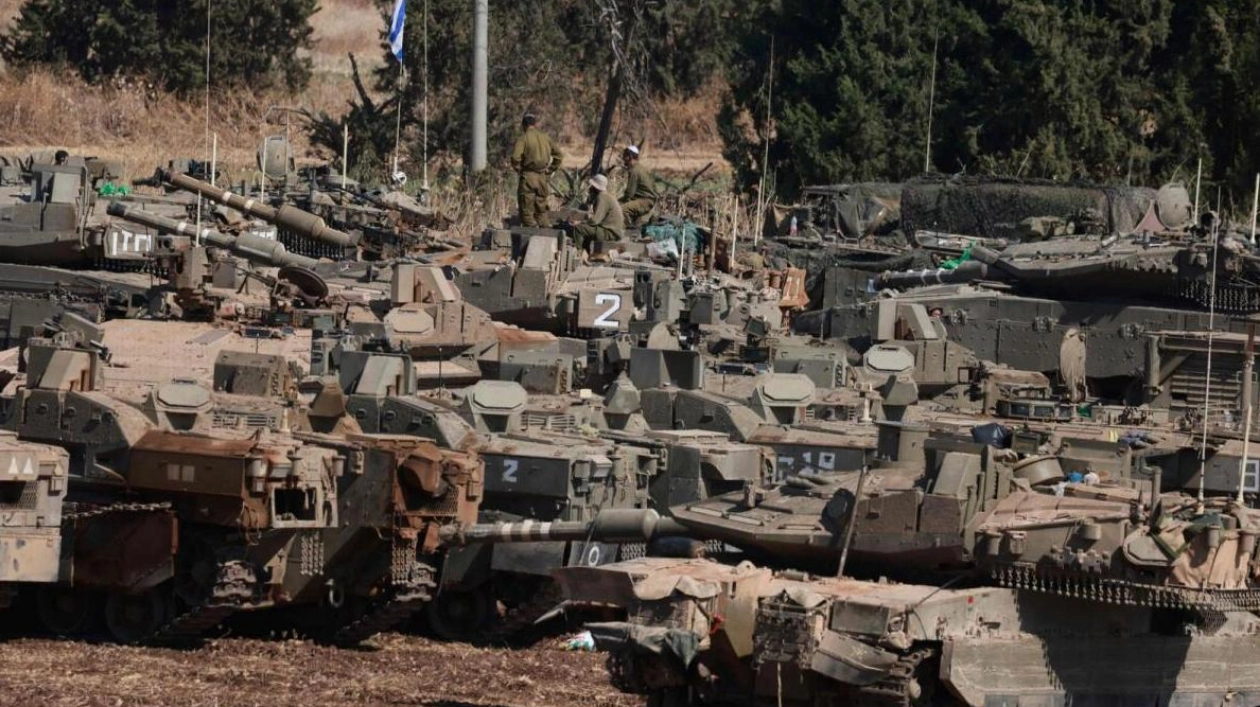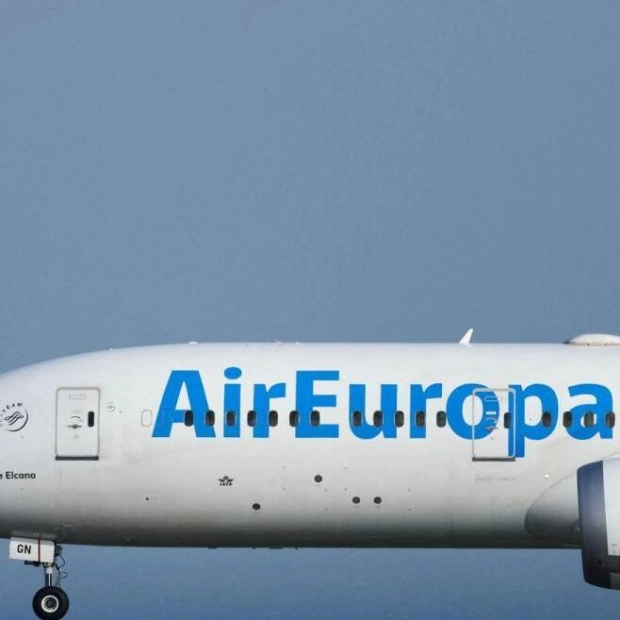Following the assassination of Sayyed Hassan Nasrallah, Hezbollah confronts a daunting task of addressing the infiltration within its ranks that enabled Israel to obliterate weapons caches, sabotage communications, and eliminate the long-standing leader whose location had been a closely guarded secret for years. Nasrallah's demise at a command center on Friday occurred just a week after Israel's lethal detonation of hundreds of booby-trapped pagers and radios. This event marked the climax of a series of rapid strikes that decimated half of Hezbollah's leadership council and severely crippled its top military command.
In the days leading up to and immediately following Nasrallah's assassination, Reuters interviewed over a dozen sources across Lebanon, Israel, Iran, and Syria, who provided insights into the extensive damage inflicted by Israel on the formidable paramilitary group, including disruptions to its supply lines and command structure. All sources requested anonymity due to the sensitivity of the topics discussed. One source privy to Israeli intelligence strategies revealed less than 24 hours before the strike that Israel had been meticulously gathering intelligence on Hezbollah for two decades and could target Nasrallah at will, including within his headquarters. The source described the intelligence as 'brilliant' without elaborating further.
Israeli Prime Minister Benjamin Netanyahu and his inner circle of ministers authorized the attack on Wednesday, according to two Israeli officials. The operation took place while Netanyahu was in New York for the UN General Assembly. Nasrallah had been extremely cautious since a previous 2006 conflict, with stringent security measures in place, including limited public appearances and restricted movements. The assassination suggests that Hezbollah had been compromised by informants working for Israel, according to a source familiar with Nasrallah's security protocols.
Hezbollah's media office did not respond to requests for comment on the story. US President Joe Biden referred to Nasrallah's killing as 'a measure of justice' for his numerous victims and affirmed the United States' support for Israel's right to defend itself against Iranian-backed groups. Israel claims it executed the hit on Nasrallah by bombing the underground headquarters beneath a residential building in southern Beirut.
Magnus Ranstorp, a seasoned Hezbollah expert at the Swedish Defence University, described the event as a 'massive blow and intelligence failure' for Hezbollah. Israel's military asserts that it has eliminated eight of Hezbollah's nine most senior military commanders this year, predominantly within the past week. These commanders oversaw units ranging from rocket divisions to the elite Radwan force. Approximately 1,500 Hezbollah fighters were injured by the exploding pagers and walkie-talkies on September 17 and 18.
Israel's military spokesperson Lieutenant Colonel Nadav Shoshani disclosed during a briefing that the military had 'real-time' knowledge of Nasrallah and other leaders' gatherings. Brigadier General Amichai Levin, commander of Israel's Hatzerim Airbase, noted that the operation was complex and meticulously planned over an extended period. Hezbollah has demonstrated its capability to swiftly replace commanders, with Nasrallah's cousin Hashem Safieddine often speculated as his successor.
Despite the significant setbacks, Hezbollah remains a formidable force, supported by Iran and possessing extensive weaponry and tunnel networks near Israel's border. Founded in Tehran in 1982, Hezbollah is a pivotal member of Iran's 'Axis of Resistance' and a significant regional actor. However, the past ten days have materially and psychologically weakened the group.
Prior to the current conflict, Hezbollah was considered one of the world's most heavily armed non-conventional armies, with an arsenal of 150,000 rockets, missiles, and drones, according to US estimates. This is ten times the size of its 2006 arsenal, according to Israeli estimates. Over the past year, additional weapons and substantial financial aid have continued to flow into Lebanon from Iran.
Public assessments of the damage inflicted by Israel's recent offensive on Hezbollah's arsenal are scarce. One Western diplomat estimated that Hezbollah had lost 20-25% of its missile capacity in the ongoing conflict, though no evidence or details were provided. An Israeli security official stated that a 'very respectable portion' of Hezbollah's missile stocks had been destroyed, without specifying further.
Israel has targeted over 1,000 Hezbollah sites in recent days. The security official noted that Israel had prepared extensively to counter Hezbollah's two-decade buildup, aiming to prevent rocket launches. This strategy complements the Iron Dome air defense system, which frequently intercepts missiles fired at Israel.
Before the strike on Nasrallah, three Iranian sources indicated that Iran was planning to send additional missiles to Hezbollah for a prolonged conflict. These weapons included short-to-medium-range ballistic missiles such as the Iranian Zelzal and an upgraded precision version known as the Fateh 110. However, Iran aims to avoid direct involvement in a confrontation between Hezbollah and Israel.
The rapid escalation in hostilities follows a year of skirmishes linked to the Gaza war. Iranian Revolutionary Guards' deputy commander Abbas Nilforoushan was reportedly killed in the Israeli strikes on Beirut. Hezbollah may require specific warheads, missiles, drones, and missile parts to replenish those destroyed by Israeli strikes across Lebanon last week.
Iranian supplies have historically reached Hezbollah via air and sea routes. Lebanon's transport ministry recently instructed an Iranian aircraft not to enter its airspace after Israel warned Beirut airport's air traffic control that it would use 'force' if the plane landed. Land corridors through Iraq and Syria remain the most viable routes for missile, parts, and drone deliveries, facilitated by allied armed groups in those countries.
Israel has intensified attacks on weapons depots and supply routes in Syria to weaken Hezbollah ahead of potential conflicts. As recently as August, an Israeli drone targeted weapons concealed in commercial trailers in Syria. This week, Israel's military announced that its warplanes bombed infrastructure used to transfer weapons to Hezbollah at the Syria-Lebanon border.
Joseph Votel, a former US army general who led forces in the Middle East, suggested that Israel and its allies could intercept any missiles Iran attempts to send to Hezbollah via land routes.






